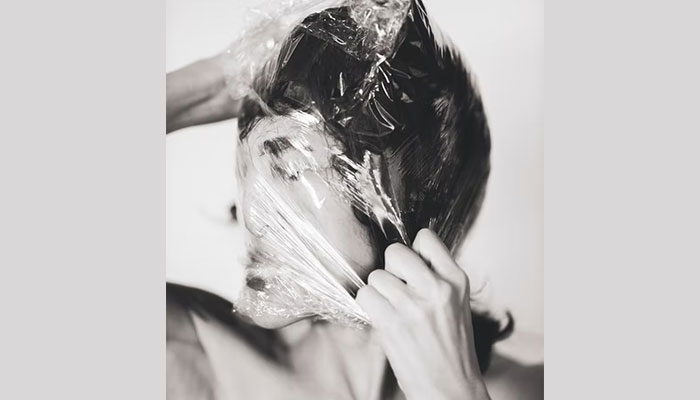The definition of health has evolved from a lack of illness to encompass more holistic ideas: physical, social, and mental wellbeing. These concepts emerge as individuals speak more openly about their concerns and what has been affecting their quality of life. One such concern is appearance, and it’s about time we stop considering it a superficial problem.
Cosmetic procedures are not unheard of. Even plastic surgeries – both cosmetic and reconstructive – have increasingly been becoming common. Surgeons perform more than 15 million cosmetic surgery procedures alone in the United States. However, the taboo surrounding such practices remains, deterring many willing individuals from undergoing treatments they need to overcome physical and mental problems.
Before proceeding, know that we believe every individual to be beautiful, but if someone has repeated troubles with their appearance that it has become detrimental to their quality of life, they need to have the right to get them addressed. We need to stop giving cosmetic procedures and plastic surgeries negativity. Consider these arguments:
Facilitating Mental Health
For many, looks are not about pleasing the eyes; they affect an individual’s perception of their own self. It is essential to know that one does not wake up wanting a piece of their identity changed – the decision can take months of deliberation, especially for victims of mental illnesses. A long-term discomfort with one’s experience can spiral into conditions as severe as body dysmorphia, leading to anxiety and suicidal thoughts.
Older individuals, especially women, can feel the brunt of societal pressure as their skin ages and flaws exacerbate. Celebrities can often be seen speaking about the problem. Though in no way should society have a right to dictate how you look, many individuals internalize the flaws and can not stand themselves looking that way.
Making fun of individuals for undergoing cosmetic procedures merely introduces more problems in their lives after the battle with the previous ones. The problem is also common with trans individuals, who are constantly fighting an inner war with themselves and the world over undergoing changes in their appearance..
Accepting these changes and encouraging individuals to own their own bodies as the norm is essential to ensuring everyone has access to what brings them comfort.
Life-Changing for Victims of Scarring Diseases and Attacks
The more communities accept cosmetic procedures and surgeries, the more they are provided and the more they’re accessible to people. Survivors of acid attacks, fatal accidents, cancers, and related happenings that lead to deformities also need reconstructive surgeries. Many face identity crises after their bodies are altered and the world perceives them as scarred. While the recovery processes involved in this case are thankfully not frowned upon, the general unacceptance of plastic surgeries and cosmetic procedures limits the availability of qualified experts in the area, especially in developing economies.
Generally, the demand for cosmetic procedures is much greater among individuals who just want to enhance their looks rather than those who have had accidents alter their appearances. However, the training and specializations required for plastic surgeons are the same for the most part. The greater an economy requires and accepts such procedures, the more the number of individuals who would opt for the field. The lower the supply of such specialists, the higher the costs associated with them are. Consequently, accepting such processes without discrimination will make them more attainable to individuals for all sorts of individuals, especially those for whom it is crucial to improve their quality of life.
Endnote
You only need one Google search to find out about the cases of fraud plastic surgeons and botched processes. These happen when the availability of such methods is limited due to stigma, costs, and related factors. Rather than criticizing everyone for their choices for their body, we need to look at the bigger picture and analyze the avalanche that small comments can create.
Supporting cosmetic procedures does not mean recommending everyone to take criticism of their body too far; it only involves giving everyone the right to their own body. Comments before or after a cosmetic procedure are both often toxic, so maybe, it’s about time we reign the unsolicited ones in.
If your quality of life is affected by how you look, seek medical help from psychologists and cosmetic surgery experts. Make informed choices. You can contact Sanctuary Medical Center to get the help of dermatologists and plastic surgeons.

















